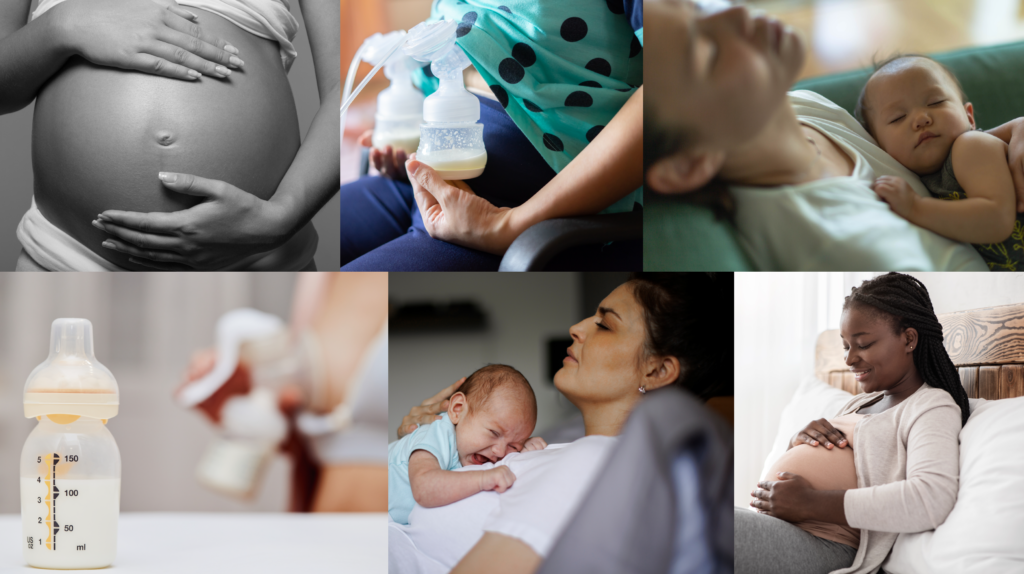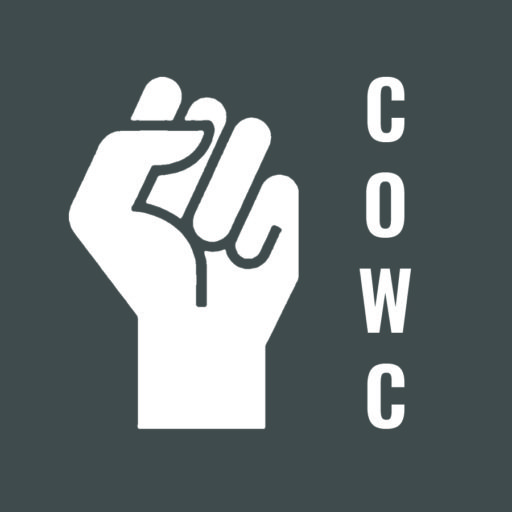January 24, 2024
Two new laws came into place in 2023 that provide expanded protections to workers who are pregnant, postpartum or pumping. These laws are the Pregnant Workers Fairness Act (PWFA) and the Providing Urgent Maternal Protections for Nursing Mothers Act (PUMP Act).
Pregnant Worker
The Family and Medical Leave Act (FMLA) provides eligible employees job-protected leave for prenatal care or when a pregnant worker is unable to work because of the pregnancy. The FMLA also provides a right to take leave for required counseling, court appointments, and related travel prior to foster care placement or adoption.
The Pregnant Workers Fairness Act (PWFA) is a new law that requires covered employers to provide “reasonable accommodations” to a worker’s known limitations related to pregnancy, childbirth, or related medical conditions unless the accommodation will cause the employer an “undue hardship.”
Title VII of the Civil Rights Act (Title VII) prohibits discrimination and harassment based on pregnancy, childbirth, or related medical conditions in any aspect of employment including hiring, firing, pay, promotions, training, and more
Postpartum or Pumping Workers
The Family and Medical Leave Act (FMLA) provides eligible employees of covered employers a right to unpaid, job-protected leave for their baby’s birth or placement of a child for adoption or foster care. This right is afforded for the birth or placement, and to bond with the child within the first year after birth or placement.
The Fair Labor Standards Act (FLSA) as amended by the PUMP Act in 2023, requires most employers to provide covered nursing workers reasonable break time and a private space, other than a bathroom, to pump breast milk for one year after the baby’s birth.
The protections of the PWFA and Title VII also apply to postpartum and pumping workers.
- “reasonable accommodations” to a worker’s known limitations related to pregnancy, childbirth, or related medical conditions, unless the accommodation will cause the employer an “undue hardship.”
- prohibits discrimination and harassment based on pregnancy, childbirth, or related medical conditions in any aspect of employment including hiring, firing, pay, promotions, training, and more.
Above mentioned laws also protect workers from discrimination or retaliation when they question employer practices or assert their rights.
Who should I contact if I believe my rights were violated or if I want to learn about my rights?
You can contact the Federal Department of Labor at 1-866-487-9243 or visit their webpage at dol.gov/agencies/whd/maternal-health. If you believe you have been discriminated against, contact the Equal Employment Opportunity Commission (EEOC) at 1-800-669-6820, their webpage eeoc.gov/pregnancy-discrimination or the Ohio Civil Rights Commission (OCRC). You can also contact an employment attorney in your area or your local worker’s center to make sure of the current status of the law.
